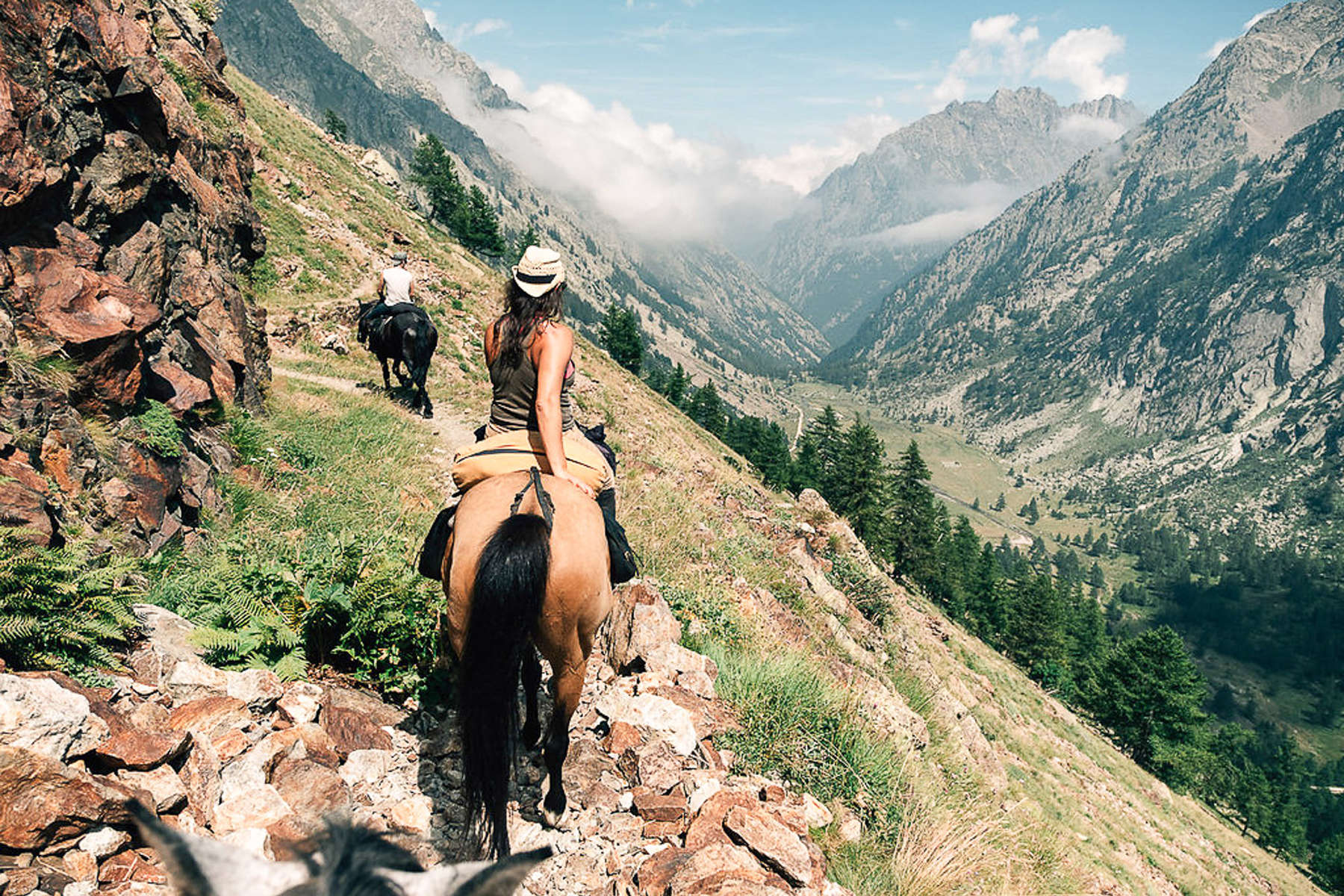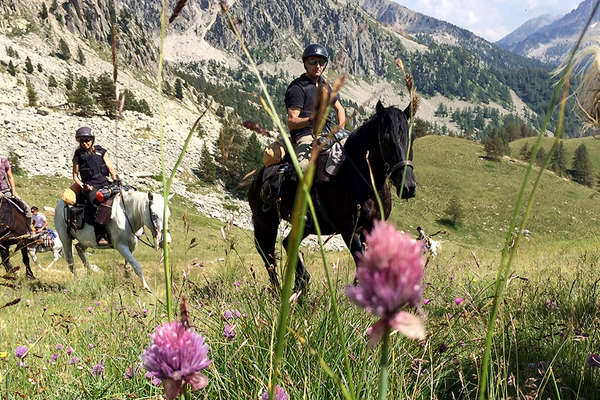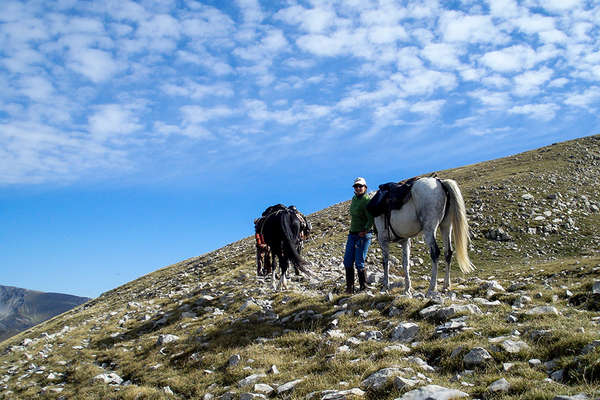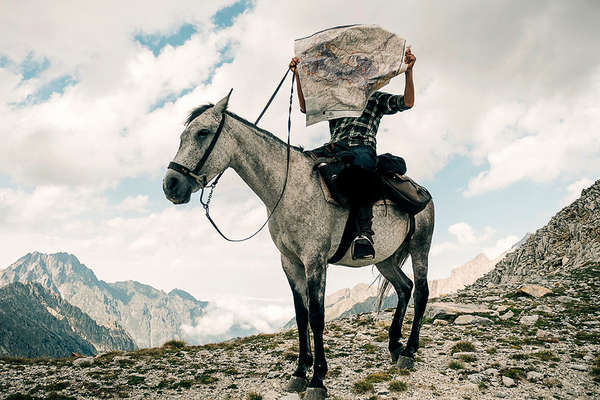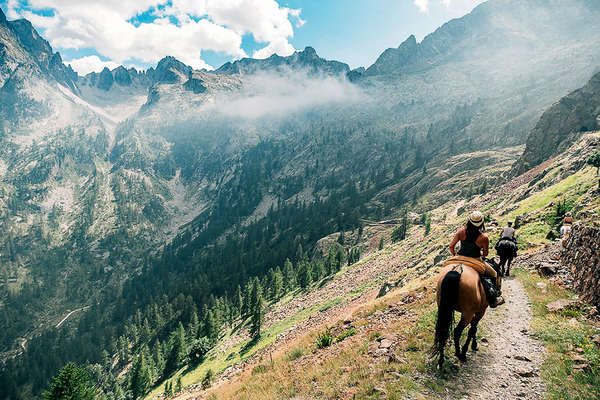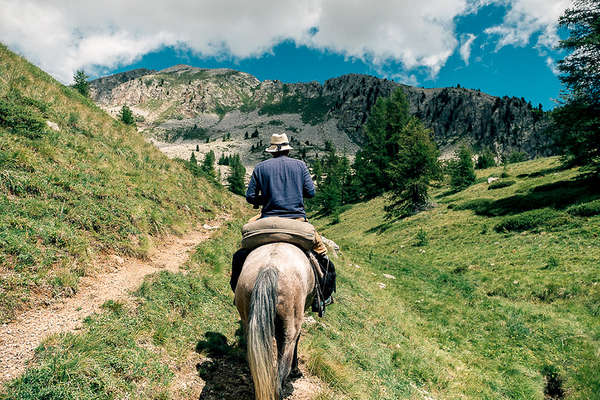Please refer to your home country's Foreign Office website for up-to-date information. This section predominantly refers to UK citizens, and advice can vary depending on your nationality. Although we endeavour to keep this section updated, requirements can change quickly, and your home country's Foreign Office website takes precedence.
From November 2024, the new EU Entry/Exit System (EES) will start for all non-EU nationals travelling in or out of the Schengen area.
The EES is a digital border system which registers non-EU visitors travelling into the Schengen area instead of stamping their passports.
You will need to have your fingerprints and your photo taken when entering and exiting the Schengen area.
You may experience longer queues at borders when the new system starts. You can read more information
here.
UK citizens - other nationalities please contact us:
Visas
If you hold a British Citizen passport, you don’t need a visa to enter France. The rules on travel will stay the same until 31 December 2020.
Visas from 1 January 2021
The rules for travelling or working in Europe will change from 1 January 2021:
- you will be able to travel to countries in the Schengen area for up to 90 days in any 180-day period without a visa as a tourist, to visit family or friends, to attend business meetings, cultural or sports events, or for short-term studies or training
- if you are travelling to France and other Schengen countries without a visa, make sure your whole visit is within the limit. Visits to Schengen countries within the previous 180 days before you travel would count towards the 90-day limit
- the 90-day limit for visa-free travel will begin on 1 January 2021. Any days you stay in France or other Schengen countries before 1 January 2021 will not count towards the 90-day limit.
At border control for France, you may need to:
- show a return or onward ticket
- show you have enough money for your stay, and
- use separate lanes from EU, EEA and Swiss citizens when queueing
- Your passport may be stamped on entry and exit.
Passport validity
The rules on travel will stay the same until 31 December 2020.
Your passport should be valid for the proposed duration of your stay; you don’t need any additional period of validity on your passport beyond this.
Passport validity from 1 January 2021
From 1 January 2021, you must have at least 6 months left on an adult or child passport to travel to most countries in Europe (not including Ireland).
If you renewed your current passport before the previous one expired, extra months may have been added to its expiry date. Any extra months on your passport over 10 years may not count towards the 6 months needed.
Check your passport is valid for travel before you book your trip. You will need to renew your passport before travelling if you do not have enough time left on your passport.
UK Citizens: A
UK Global Health Insurance Card (GHIC) gives you the right to access state-provided healthcare during a temporary stay in the European Union (EU).
It’s important to take out appropriate travel insurance for your needs. A GHIC is not an alternative to travel insurance and you should have both before you travel. It does not cover all health-related costs, for example, medical repatriation, ongoing medical treatment and non-urgent treatment.
It is a condition of your booking with Equus Journeys that you have travel insurance which covers you for the riding activities to be undertaken. Your travel insurance should cover you for medical expenses and repatriation. Your guides will require your travel insurance details before they allow you to ride and may refuse to let you ride if you cannot provide them. You should take your insurance documents with you.
In France the power plugs and sockets are of type E (two prongs). The standard voltage is 230 V and the standard frequency is 50 Hz.
Local currency is the Euro.

